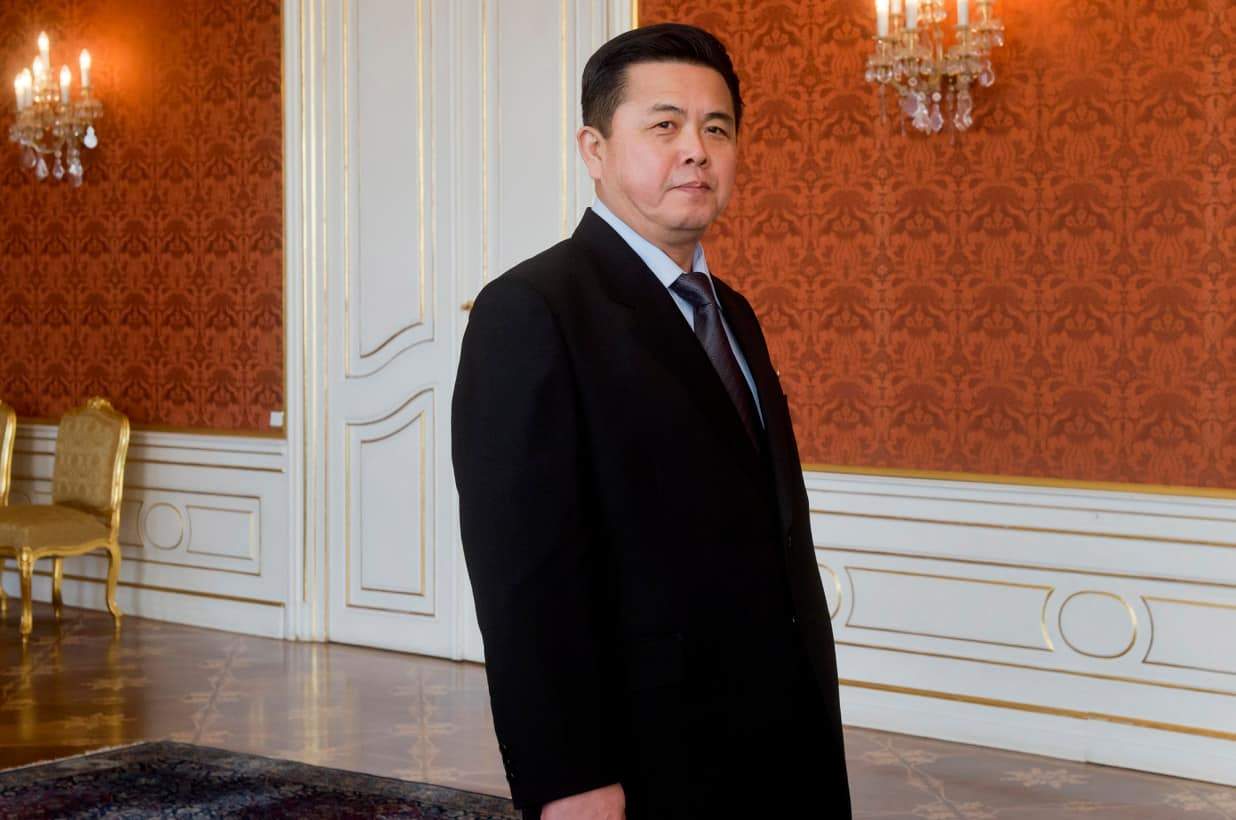Kim Jong Un’s uncle emerges as possible successor in North Korea

Despite speculation that Kim Jong Un’s sister and closest confidant, Kim Yo Jong, might be next in line to take over leadership of North Korea, the dictator’s uncle Kim Pyong Il also has emerged as a possible successor, according to a report.
The 65-year-old is the last known survivor of the Hermit Kingdom’s founder, Kim Il Sung, whose 108th birthday commemoration his grandson missed on April 15, sparking widespread rumors about his fate, Bloomberg News reported.
In the 1970s, Kim Pyong Il was passed over by his half-brother, Kim Jong II, who took the reins of the rogue regime in 1994 and ruled until 2011.
The peripatetic Kim Pyong Il wound up spending some 40 years as a diplomat in Hungary, Bulgaria, Finland, Poland and the Czech Republic before he returned to his country last year.
Some North Korea watchers now think he might catapult over Kim Yo Jong to take control, mainly due to his gender in the male-dominated society, according to the news outlet.
Thae Yong Ho, who was North Korea’s deputy ambassador to the UK before defecting to the South in 2016, told Bloomberg that leaders in Pyongyang would likely be averse to handing over power to Kim Jong Un’s younger sister.
“The problem is that a Kim Yo Jong-led North Korea is unlikely to be sustainable,” said Thae, who added that a collective leadership with her as a figurehead could be a disaster.
“To avoid this, some in the leadership would try to bring back Kim Pyong Il, who’s now under house arrest, to the center of the power,” he said.
But others don’t believe Kim Pyong Il has a chance.
Kim Byeong-ki, a member of the South Korean parliament’s intelligence committee, said on social media Sunday that there was no indication Kim Pyong Il could be the successor.
“I laugh off these theories,” he said.
When Kim Jong Un took power in 2011, he went on a purge, executing his uncle Jang Song Thaek, and was believed to have ordered the assassination of his exiled half-brother, Kim Jong Nam, in Malaysia.
The fact that Kim Pyong Il emerged unscathed may suggest that Kim Jong Un never saw him as a credible adversary, Bloomberg reported.
He is now mostly deemed to be a contender by those who dismiss Kim Yo Jong due to her age and gender, Rachel Minyoung Lee, a former North Korea analyst with the US government, told the outlet.
“It is highly unlikely that he has the connections or the support base he needs to be the next North Korean leader,” she said.
“Kim Yo Jong has a special status in the regime, and I think in this case, her connection to the Kim family trumps her gender.”
Photo: Kim Pyong Il - AP
Link: https://nypost.com/2020/04/28/kim-jong-uns-uncle-emerges-as-possible-successor-in-north-korea/











